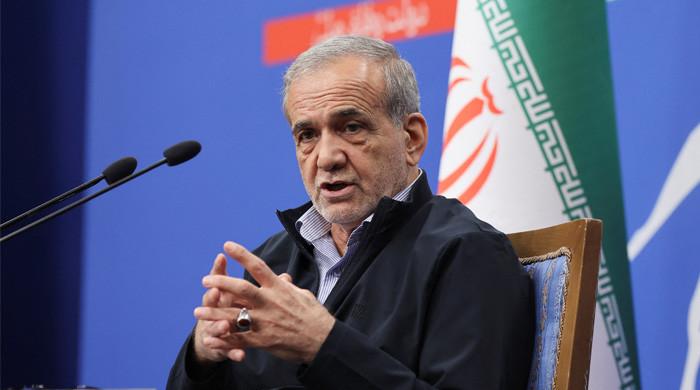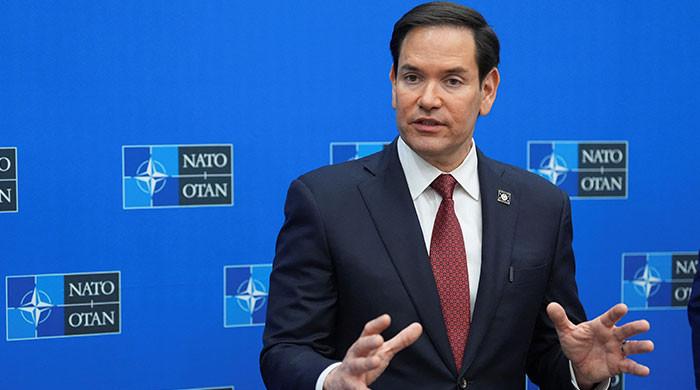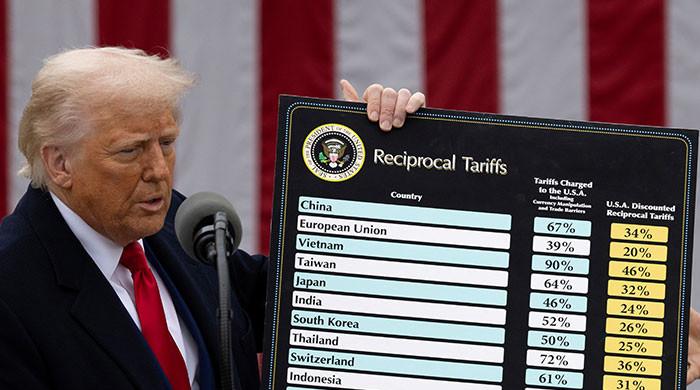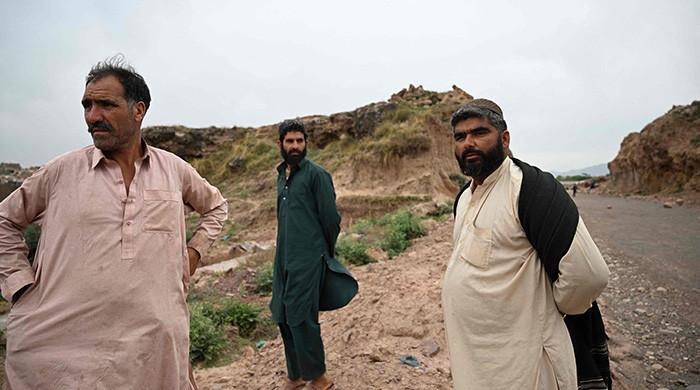Egypt's Morsi names new prime minister
CAIRO: Egypt's President Mohamed Morsi on Tuesday named outgoing irrigation minister Hisham Qandil, a reputed independent, as prime minister to form a new government, state television announced.The...
July 24, 2012
The appointment comes 25 days after Morsi was sworn in as Egypt's first civilian and freely elected head of state to replace President Hosni Mubarak, who was driven from office in a popular uprising in February 2011.
Qandil was irrigation minister in the outgoing government of Kamal Ganzuri, whom he replaces.
"This appointment of a patriotic and independent figure comes after much study and discussion to choose a person able to manage the current scenario," said Morsi spokesman Yassir Ali.
"Dr Qandil had no affiliation to any political party before or after the revolution," said Ali.
Little known outside political circles, Qandil who has Islamist leanings told reporters after his appointment as water minister that he had grown a beard "in line with the Sunnah," Prophet Mohammed's words and practices.
Morsi has repeatedly vowed his team and government would be inclusive and that he would be a "president for all Egyptians."
He said he would appoint a woman and a Christian as his deputies.
Born in 1962, Qandil graduated from Cairo University's faculty of engineering before doing post-graduate studies in the United States.
In 1993, he received a doctorate from the University of North Carolina.
The father of five held various public sector posts in water and engineering, as well as in finance. He was a senior manager at the African Development Bank before heading Egypt's Nile Water Sector.
Since Morsi was elected in June, Egypt has been embroiled in a complex power struggle between the former senior Muslim Brotherhood official and the Supreme Council of the Armed Forces, which ruled the country after Mubarak's ouster.
Just days before Morsi was elected, the SCAF disbanded parliament in response to a constitutional court ruling that it had been invalidly elected.
The origins of the battle for parliament lay in the constitutional declaration issued by the SCAF before the president was sworn in.
The declaration, which acts as a temporary constitution, granted the military sweeping powers, including legislative control, and rendered the presidential post little more than symbolic.











